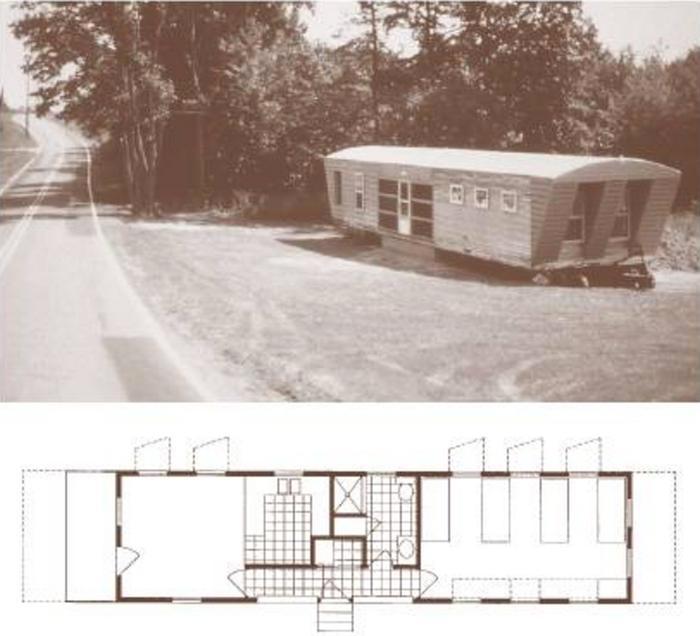Saavi Natekar and Ayesha de Sousa - ProposalTHE ARCHITECTURE OF THE PEOPLE: CONTEMPORARY INDIA’S QUIET REBELLIONAs one drives along the streets of the great Indian city, one sees scattered settlements of construction labourers - a collage of cancerous asbestos propped up with poles, with a sheet over their heads if they are lucky. These flank the soaring skyscrapers that taunt them - built by their hands, but far from their reach.The sight of these glaring inequalities in urban spaces has become so habitual in contemporary India that they have become a blind spot.Our worldview is coloured by the mentality that money predetermines the right to healthy space.
Among many architectural projects making their mark on the landscape, few projects stand apart,they do not want to stand out.They do not aspire to be more than the people whom they serve. One such project ,'Avaas' an affordable housing project by Nebula Infrastructure aims to address the future of those who build for us. It has built safe and dignified housing for over 500 construction workers. The settlement shows a great sensitivity in design, and handling of material and space, based on a mobile superstructure that mimics the nomadic nature of its users.
It is this architecture, the architecture of the people, that is assimilated and indistinguishable from the community it serves, and the architect, anonymous.Here, the intentions of the architect are understanding and upliftment - from the start to the finish of the process; from the arms that build, to the eyes that see, to the tiny feet that play.
A sucessful example is that of The Anganwadi Project (TAP), where 18 playschools have been built for underprevileged children. In this process, the architect is key as a mediator of knowledge, using technical expertise to realise the needs of the community and mobilise local resources. Each structure gives dignity of thought to a tiny space, one that might otherwise be neglected. This creates a large impact in a community whose existence is at the whim of city developers. In this manner, the project provides sensitively designed spaces full of personality, empowering those who need it the most. TAP also serves as an admirable example for the architectural community as both the triumphs and the pitfalls are openely acknowledged with each structure becoming precedent for the next.
These projects stand apart for their intention to address the spaces of those fragments of society which remain unaddressed by the masses.Choosing to recognise them as equals ensures better understanding of their living conditions, and their involvement in the design process gives them a sense of worth. This is where architectural education in India falls short. The drive for a building to impact the landscape takes precedence over its impact on the user. The overemphasis and glamourisation of the profession creates a dynamic akin to the skyscraper and the slums at its feet. The architecture of the people launches a quiet rebellion against this gigantism in an efficient yet playful way, questioning it, "How much achieved, how many impacted, how many less harmed with so much less?" Additional Help and InformationAre you in need of assistance? Please email info@berkeleyprize.org. |

